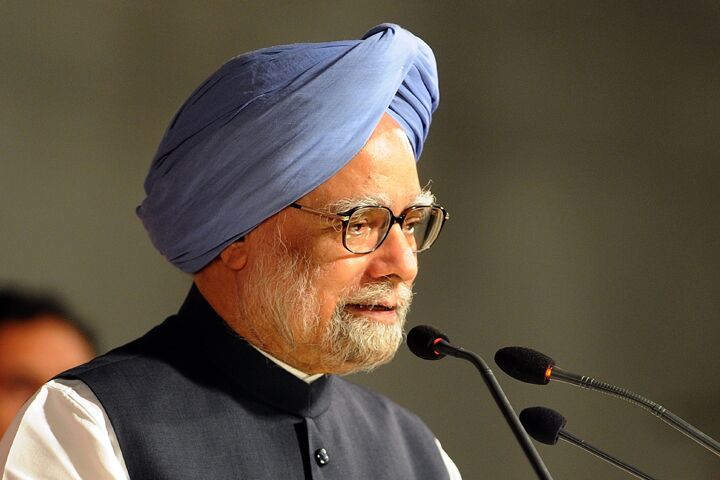
Asian Security Bloc Set for Massive Expansion
The Shanghai Cooperation Organization (sco), a regional security bloc dominated by China and Russia, celebrated its 10th anniversary earlier this month, with the leaders from its six member states gathering in Astana, Kazakhstan, for the occasion.
The milestone meeting gave sco member states the opportunity to review the decade of progress behind them and to chart out a path for the future. The organization’s most notable consideration for the time ahead is the possible acceptance of India, Pakistan, Mongolia and Iran as members. Although the last two nations are not likely to join, there are multiplying indications that India and Pakistan will soon be admitted, which will significantly increase the sco’s power.
The sco was originally created in 2001 as a security group to keep Central Asia stable and reduce foreign military presence in the region. The admission of India and Pakistan would greatly extend the sco’s geographic reach, and boost the population it represents to 2.5 billion.
The inclusion of India and Pakistan would essentially broaden the sco from being a Central Asian security bloc to being an Asian one, and could also transform the mission and geopolitical significance of the sco as a regional multilateral organization.
Over the past 10 years, sco member nations have signed over 100 cooperation agreements and have greatly expanded cooperation in economics, politics, security, culture and other areas. If India and Pakistan are admitted, the cooperation will lurch ahead with renewed speed and vigor. The sco’s enlargement would boost economic and energy cooperation among the organization’s members because India, like China, is a rapidly growing economy with an enormous thirst for energy exports from Russia and the Central Asian nations. If an expanded sco stabilized Pakistan and Afghanistan, as analysts anticipate, it could allow gas to be transported into India via those two nations.
Letting India and Pakistan into the sco would be a boon to Asia, but it would be detrimental to the United States.
Washington would benefit from the sco’s efforts to snuff out Islamic extremism in Afghanistan and Pakistan, but India’s sco membership would diminish rivalries between China and India, thereby decreasing India’s commitment to the U.S. as an ally. Similarly, a warmer relationship between Pakistan and the sco would boost Islamabad’s bargaining power with Washington, thereby reducing the U.S.’s power in the relationship.
The sco’s first decade fostered remarkable unity among the member nations, but the years ahead will prove even more significant for the Asian bloc as it expands to include new member nations and adds new goals and objectives to its mission.
China and Russia are the regional behemoths driving the unification of the East, but the sco may well be a vehicle they use to attain that destination.
To understand the significance of a unified Asian bloc and how it is connected to the most inspiring and hope-filled event that Earth has ever seen, read Russia and China in Prophecy.
